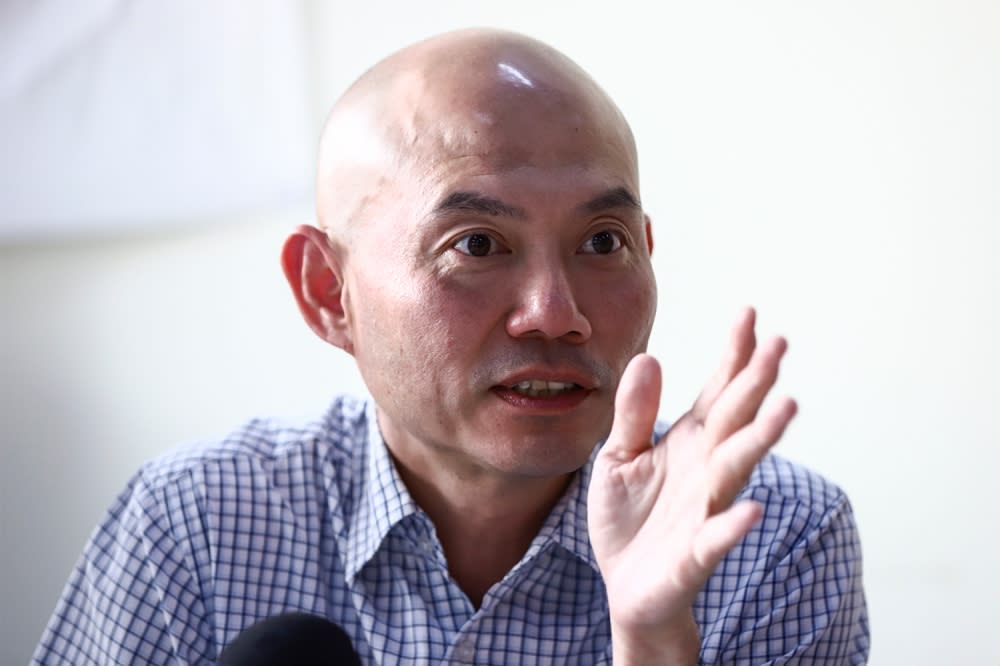Kepong MP asks MACC, cops for outcome of probe into suspicious Aussie cash deposits by ex-senior cop

KUALA LUMPUR, March 5 — The Malaysian Anti-Corruption Commission and the police have yet to make public the outcome of its investigation into the large amount of suspicious deposits made by a former senior policeman at different Australian banks over four years ago, Kepong MP Lim Lip Eng said today.
The DAP leader said there is still no official statement about the suspected money laundering case that was first reported by the Australian press in 2018, if anyone has been arrested and charged.
“I laud the Inspector General of Police (IGP) Tan Sri Acryl Sani’s statement made when asked to comment on the recent raids carried out by the Malaysia Anti-Corruption Commission (MACC) without involving the Royal Malaysia Police (PDRM),” Lim said in a statement.
“However, I want to remind the IGP about the case of a former top police officer who deposited a total of A$320,000 in 50 cash transactions below the amount of A$10,000 across five states in Australia a few years ago,” the DAP leader added.
One of Malaysia’s highest ranking police officers was stripped of more than A$320,000 (about RM10.3 million in today’s current exchange) by the Australian Federal Police, which suspected his Sydney bank account held laundered money or proceeds of crime.
Wan Ahmad Najmuddin Mohd, formerly chief of the federal Criminal Investigations Department, opened a Commonwealth Bank “Goal Saver” account in 2011, listing his address at Bankstown and then Glebe in Sydney.
Lim asked if the former officer had been quietly cleared of any wrongdoing. If he was, Lim called for the MACC and the police to explain why the former officer had made 50 deposits of cash below the amount of A$10,000 across five states in Australia.
“If the former police officer concerned was cleared of any wrongdoings by the PDRM and MACC, why did the money have to be deposited in 50 cash transactions below the amount of A$10,000 across five states in Australia?
“Was it to avoid the money from being detected by the Central Bank of Australia?” he asked.
Lim also wanted to know if the money had been retrieved.
“If not, was his bank account still frozen by the Australian government? How much money was in the account apart from the amount of A$$320,000?” Lim asked.
One week after the decorated former public official concluded an Australian trip in 2016, the account he set up received several suspicious cash deposits that triggered the alarm and notified the Australian authorities, Sydney Morning Herald reported.
According to the Australian newspaper, Unknown depositors were said to have visited branches and ATMs around the country, from Biloela in Queensland to Devonport in northern Tasmania to Lakemba in Sydney’s west and Melbourne’s commercial business district.
The account balance grew by nearly A$290,000 in just a month, mostly through systematic deposits below A$10,000, which is the threshold that would have alerted enforcement agencies.
The Australian paper said the officer did not try to retrieve the money citing expensive legal costs.
Lim said the case, and the slow response of the authorities on cases involving their own, underscores the need to set up the Independent Police Complaints and Misconduct Commission.
The government has so far refused following protests from police officers, which observers said only worsened the already chronic public trust deficit towards the police force.



